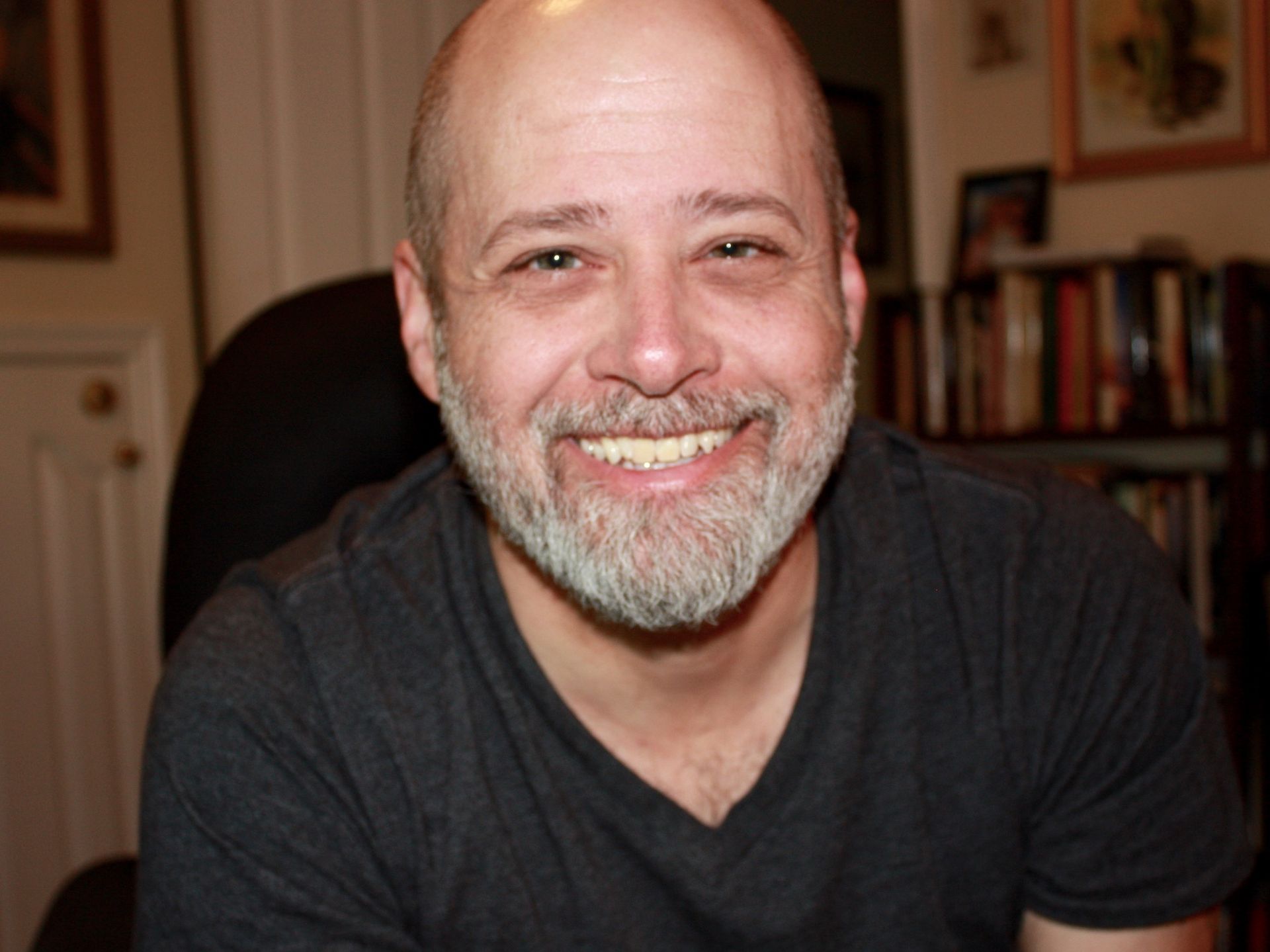I’ve been involved in the Ecclesia Network for about 11 or so years now. Something that sometimes happens is that I’ll meet someone who tells me something I taught at a Genesis training, or in one of the Spiritual Formation days I’ve done, or written in a book, a blog or an article really contributed to their ministry or their personal formation in a significant way. I hear this as more of a statement about the value of belonging to a network of leaders that contribute to one another more than as a statement about the value of what I personally bring. Throughout the last 11 years I was focused on planting and growing a church in Portland, OR. But beyond that, because of Ecclesia , I’ve had the opportunity to impact people and places across the nation. As the saying goes, because of Ecclesia relationships, “my fruit has grown on other people’s trees.”
Over this last season, I’ve been heartened to see how many people are leaning in with our network, not just to take part, but to actively contribute to the lives and ministries of others. It’s the goal of our Network to partner with, equip and multiply missional church communities and leaders. And much like a local church community, what this doesn’t mean is that it’s the job of the staff to partner with, equip and multiply… What it does mean is that everyone , every community that’s a part of this network has a role to play. YOU have a role to play.
As our network continues to expand and grow, my personal dream as Director of Equipping and Spiritual Formation is not just that we’ll be able to offer more and more avenues to equip leaders within (and beyond!) Ecclesia, but that more and more of you would grab hold of the opportunities inherent in a relational network and find the joy of not only following God in your local ministry context, but also what it means to walk alongside others in our network and own the task of partnering, equipping and multiplying.
To that end, here are some of the big dreams I sense God forming for the next season in our network:
Big Dream #1: Equipping for more stages of ministry life
We’ve done, I think, a pretty phenomenal job of making sure that someone who is in their first 3 years of church planting and pastoring has access to some amazing equipping, coaching and more. We know what it looks like for pastors and churches in year 3… but what about year 5? Year 10? Year 15. Over this next season we need to be thinking and praying about what it looks like to partner with and equip leaders and churches in those seasons of life and beyond.
Big Dream #2: Broader and deeper connections
Our Leaders Circles continue to be one of the best ways for people in our network to connect with one another- whether it’s new church planters, more seasoned leaders, spouses of church planters, worship leaders- we’re continuing to push out broader and broader in the numbers and kinds of leaders we are able to connect relationally. We’d love to see that continue to expand to cover those engaged in various kinds of ministry in our network churches- children and youth, discipleship/formation, associate pastors, those leading men’s/women’s ministry. Wherever there would be benefit in leaders supporting each other and sharing resources and encouragement, we want to work (for you and with you) toward that.
Big Dream #3: Walking with YOU, come what may
5 years, 10 years, 15 years in… Ecclesia isn’t just for those in the initial stages of planting. As J.R. said in his update- ministry can be lonely and it can be hard, regardless of what stage you find yourself in. We know you desire for your church community to be a “family on mission” together. We dream of our network being that same thing- leaders and communities, one relational family, on mission together over the span of years and years. Praying for one another, encouraging one another, cheering each other on, and contributing in significant ways to what God is doing in each others’ lives and contexts.
Who wouldn’t want to be a part of that?

Bob is the Director of Equipping and Spiritual Formation for the Ecclesia Network.
He’s the co-author of Eldership and the Mission of God: Equipping Teams for Faithful Church Leadership as well as Ministry Mantras: Language for Cultivating Kingdom Culture.
He planted the Evergreen Community in Portland, OR in 2004 and holds a DMin from George Fox/Portland Seminary.
Bob currently lives in Boise, ID with his wife, Amy, his kids, Jack, Jane, and Josie and his dog, Bentley.







